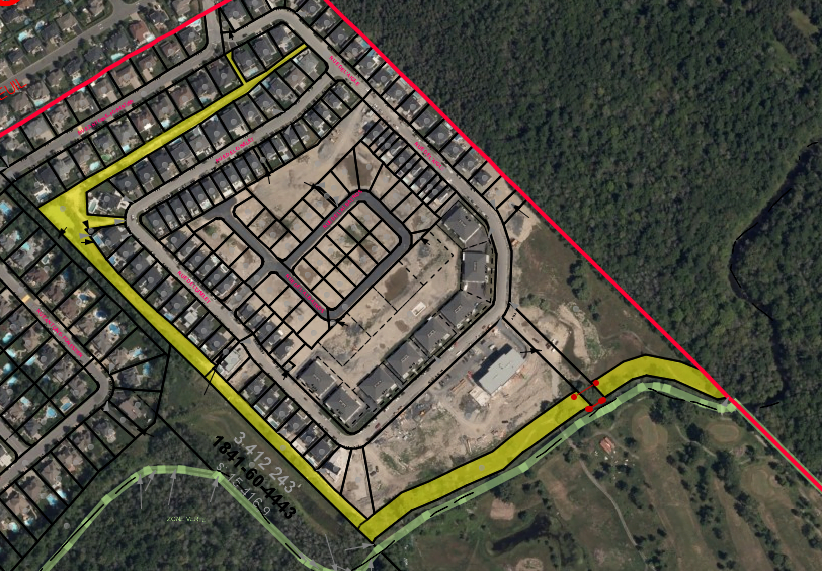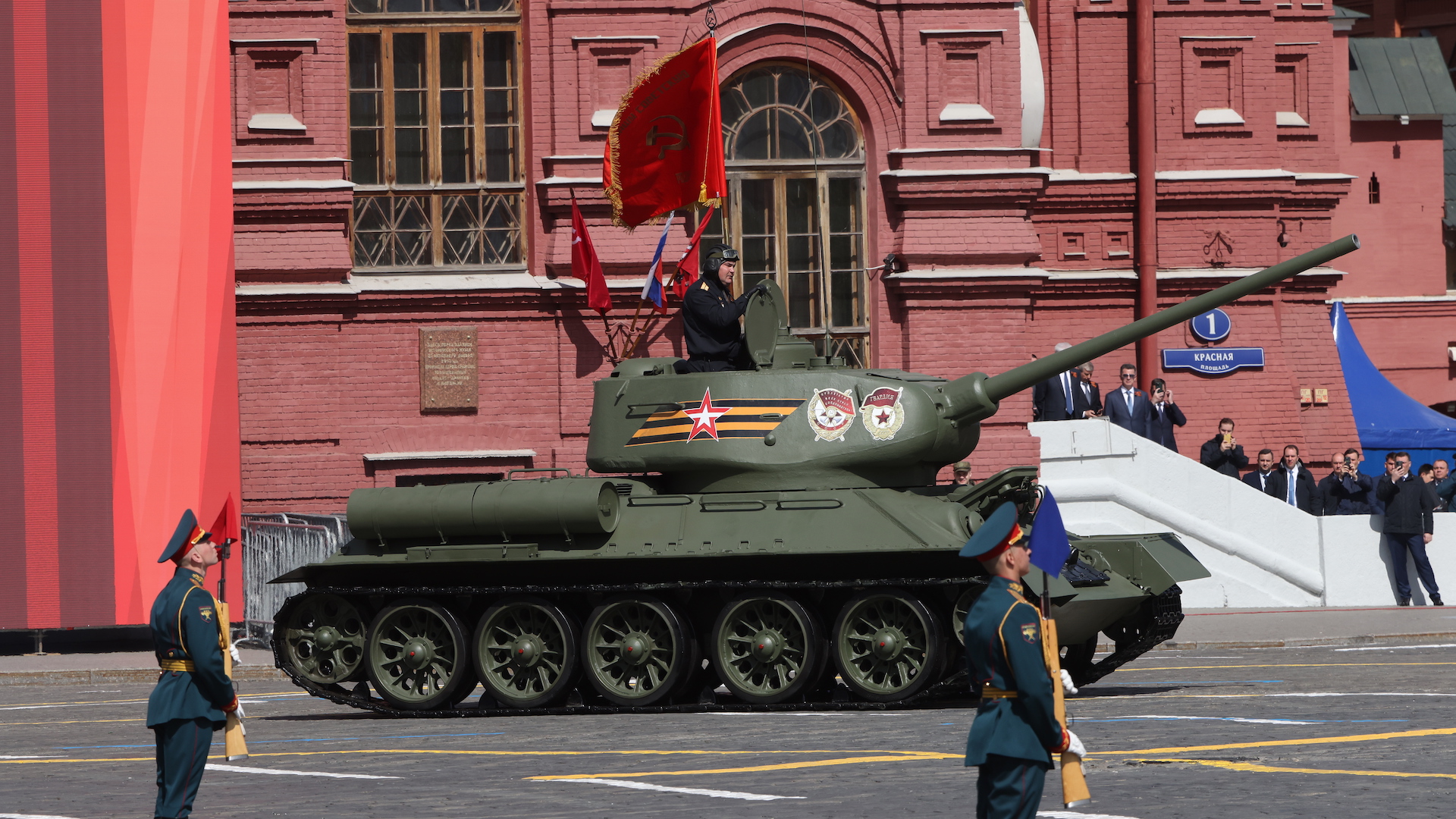France's Proposal For A Joint European Nuclear Program

Table of Contents
The Rationale Behind France's Proposal
The current energy crisis in Europe has exposed the vulnerabilities of relying heavily on imported fossil fuels, particularly natural gas. The recent geopolitical instability and the resulting energy price shocks have highlighted the urgent need for a more secure and diversified energy mix. France, with its extensive experience and expertise in nuclear power generation, possesses a significant advantage in this area. The country's robust nuclear infrastructure and decades of experience in nuclear technology represent a valuable resource that could be shared across Europe.
A key driver behind France's proposal is the potential for significantly reduced greenhouse gas emissions. Nuclear energy, unlike fossil fuels, produces minimal greenhouse gases during operation, making it a crucial tool in combating climate change and achieving Europe's ambitious climate targets.
- Increased energy security for member states. A joint program would reduce reliance on individual countries' energy imports, making the entire EU less susceptible to geopolitical pressures.
- Reduced reliance on Russian gas. Diversification away from a single major supplier is crucial for strategic autonomy.
- A more stable and predictable energy market. A coordinated European approach could lead to more stable energy prices and greater market predictability.
- Opportunities for technological advancements and innovation. Collaboration on research and development could accelerate innovation in nuclear technology, leading to safer and more efficient reactors.
Key Aspects of the Proposed Joint European Nuclear Program
The proposed Joint European Nuclear Program encompasses several key elements designed to foster collaboration and efficiency across the European Union. This includes joint research and development initiatives focusing on next-generation reactors, such as Small Modular Reactors (SMRs) and Generation IV reactors. Shared infrastructure projects, such as waste management facilities, could significantly reduce individual countries' costs and improve overall efficiency. The harmonization of safety regulations and licensing procedures is also a central component, ensuring a consistent and high standard of nuclear safety across the EU.
A unified European nuclear fuel cycle is another significant aspect of the proposal. This would involve collaboration on uranium enrichment, fuel fabrication, and spent fuel management, potentially leading to cost savings and reduced reliance on external suppliers. The European Atomic Energy Community (Euratom) is expected to play a pivotal role in coordinating the program, leveraging its existing expertise and regulatory frameworks.
- Joint funding for research and development of advanced reactors (e.g., SMRs, Gen IV). This would accelerate the development and deployment of safer and more efficient nuclear technologies.
- Collaboration on nuclear waste management solutions. Shared facilities and expertise could improve waste management efficiency and reduce costs.
- Harmonization of safety regulations and licensing procedures across the EU. This would ensure consistent high safety standards across the bloc.
- Establishment of a common European nuclear fuel supply chain. Reducing reliance on external suppliers would enhance security and stability.
Challenges and Obstacles to Implementation
Despite its potential benefits, the implementation of a Joint European Nuclear Program faces significant challenges. Political hurdles, differing national energy policies, and varying public perceptions of nuclear energy will require careful navigation. Concerns regarding nuclear safety, waste disposal, and the potential for nuclear proliferation must be addressed transparently and proactively. The economic feasibility and cost-effectiveness of such a large-scale program also need careful consideration.
Addressing Public Concerns about Nuclear Safety
Addressing public concerns about nuclear safety is paramount. This involves highlighting the advancements in reactor technology, including improved safety features and enhanced containment systems. Transparency in the development and implementation of the program, coupled with robust regulatory frameworks and independent safety oversight, is essential. Advancements in nuclear waste management technologies, such as advanced recycling and long-term geological disposal, need to be communicated effectively to address public anxieties.
- Overcoming national sovereignty concerns. Finding a balance between national control and collaborative efforts will be key.
- Addressing public anxieties about nuclear safety. Open communication and transparency are crucial to building public trust.
- Securing sufficient funding for the program. Significant investment will be required to realize the program's ambitions.
- Managing the complexities of international collaboration. Effective coordination among numerous stakeholders will be essential.
Potential Benefits and Long-Term Implications
The long-term economic and geopolitical benefits of energy independence are substantial. A successful Joint European Nuclear Program would significantly reduce Europe's vulnerability to energy price volatility and geopolitical pressures. It could also establish Europe as a technological leader in the global nuclear energy sector, fostering economic growth and creating high-skilled jobs.
From an environmental perspective, the program's contribution to climate change mitigation is undeniable. By replacing fossil fuels with a low-carbon energy source, the program would contribute significantly to Europe's climate goals. This would enhance Europe's standing on the global stage and strengthen its commitment to environmental sustainability.
- Enhanced energy security for Europe. A more diverse and reliable energy mix would reduce vulnerability to external shocks.
- Economic growth through technological advancements. Innovation in nuclear technology could drive economic growth and create jobs.
- Reduced carbon emissions and contribution to climate goals. Nuclear energy plays a vital role in decarbonizing the energy sector.
- Strengthened European strategic autonomy. Energy independence strengthens Europe's geopolitical position.
Conclusion
France's proposal for a Joint European Nuclear Program represents a significant step towards securing Europe's energy future. While challenges exist, the potential benefits – from enhanced energy independence and economic growth to reduced carbon emissions – are substantial. Addressing public concerns and navigating political complexities will be crucial for the program's success. The future of European energy security may well depend on the realization of this ambitious, and potentially transformative, Joint European Nuclear Program. Learn more about the specifics and implications of this groundbreaking initiative – research the details of the Joint European Nuclear Program today!

Featured Posts
-
 Spike In Car Break Ins At Elizabeth City Apartment Complexes
May 10, 2025
Spike In Car Break Ins At Elizabeth City Apartment Complexes
May 10, 2025 -
 Dijon 2500 M De Vignes Plantes Dans Le Secteur Des Valendons
May 10, 2025
Dijon 2500 M De Vignes Plantes Dans Le Secteur Des Valendons
May 10, 2025 -
 Trumps Policies And Their Impact On Transgender People Your Stories
May 10, 2025
Trumps Policies And Their Impact On Transgender People Your Stories
May 10, 2025 -
 The Redemption Of Players Name From Wolves Reject To European Elite
May 10, 2025
The Redemption Of Players Name From Wolves Reject To European Elite
May 10, 2025 -
 Putins Victory Day Ceasefire A Closer Look
May 10, 2025
Putins Victory Day Ceasefire A Closer Look
May 10, 2025
